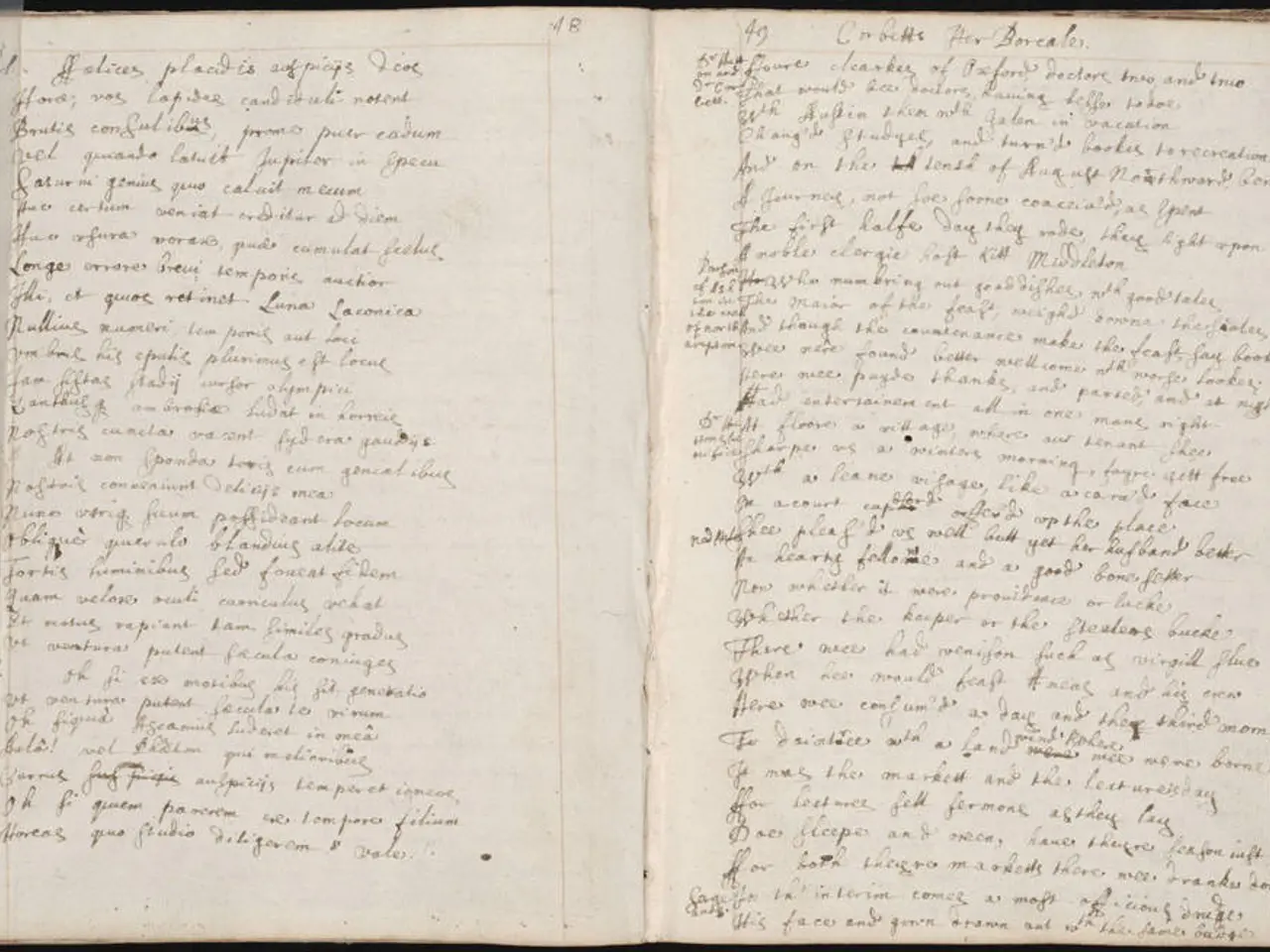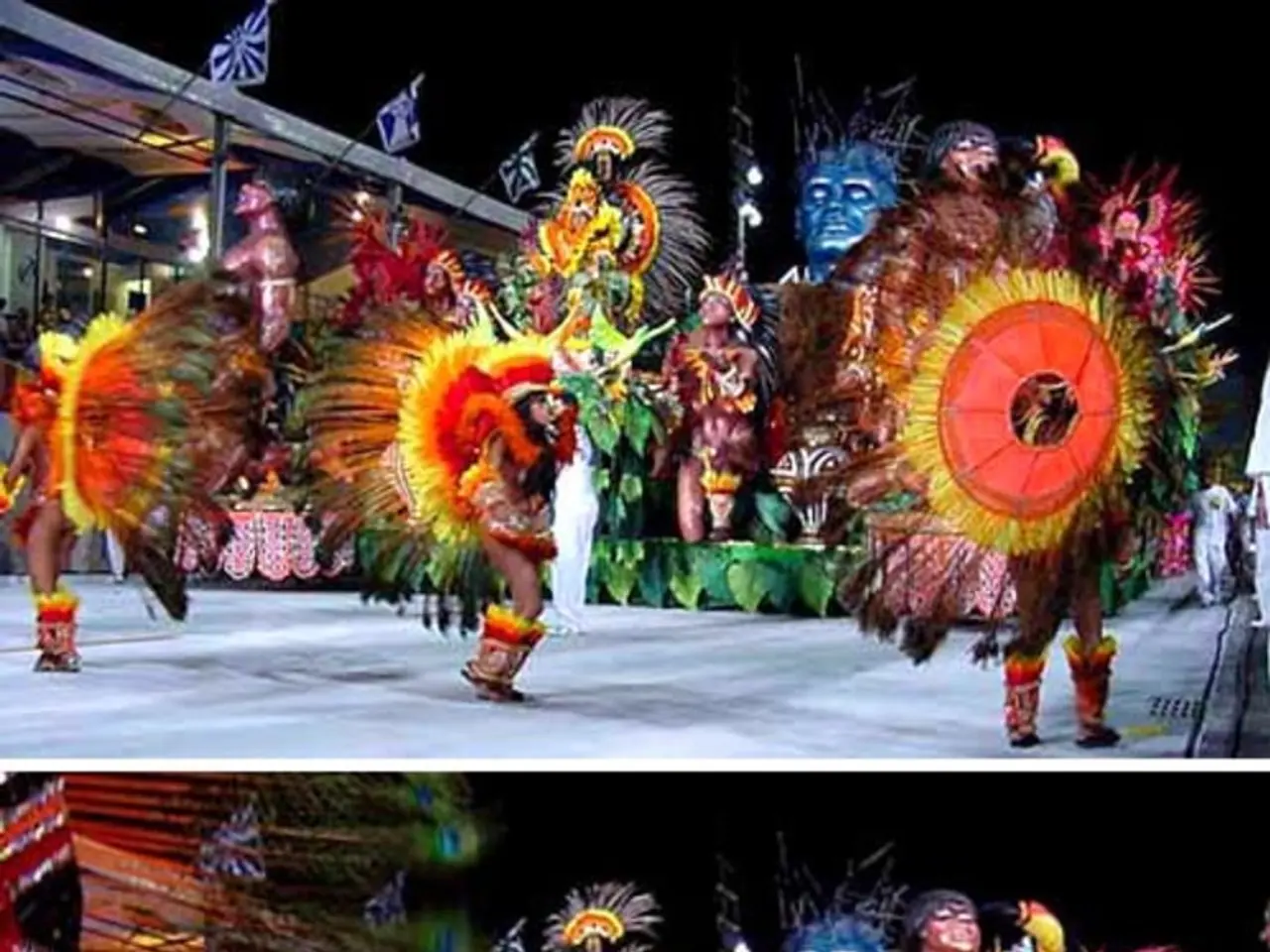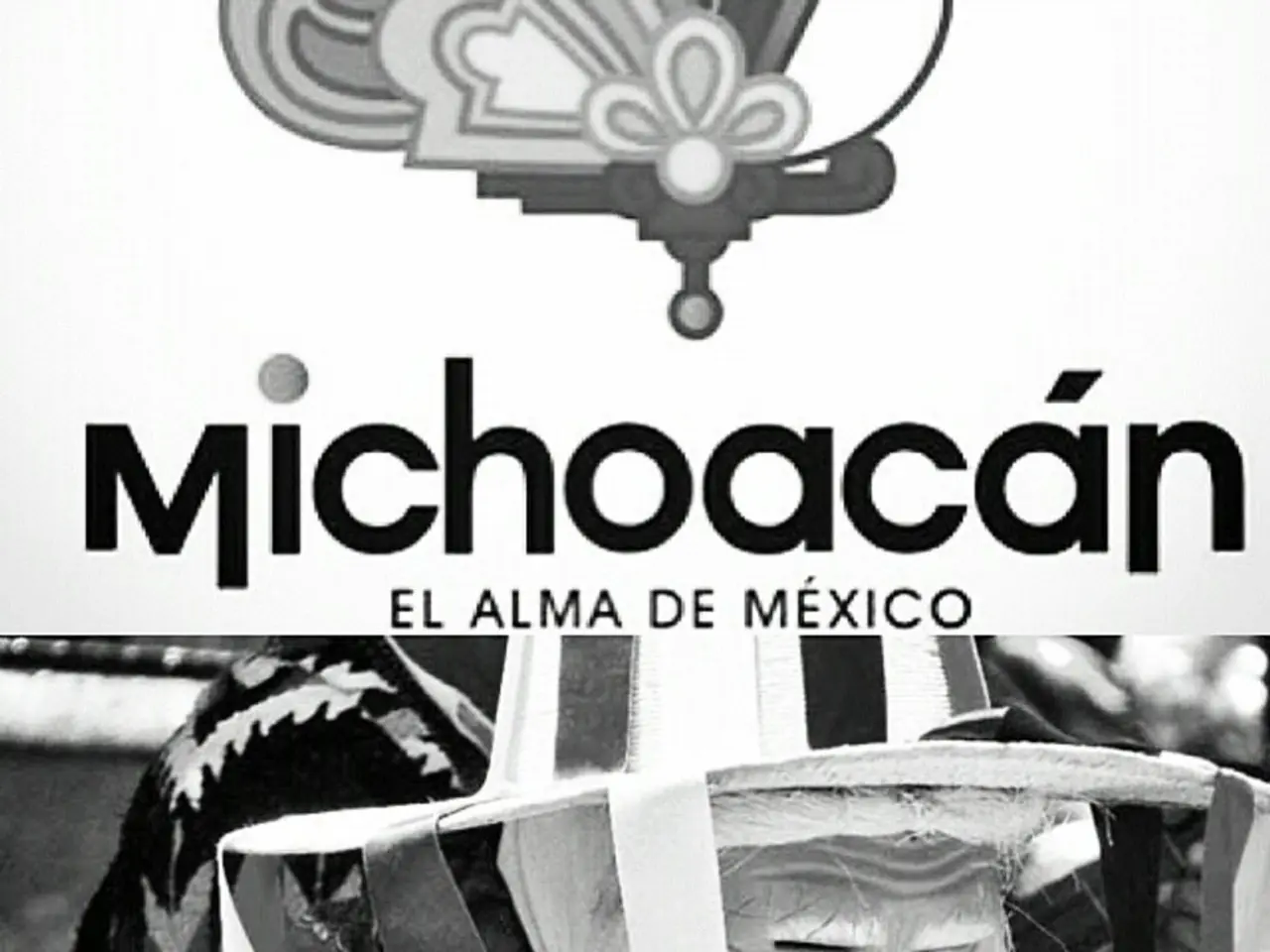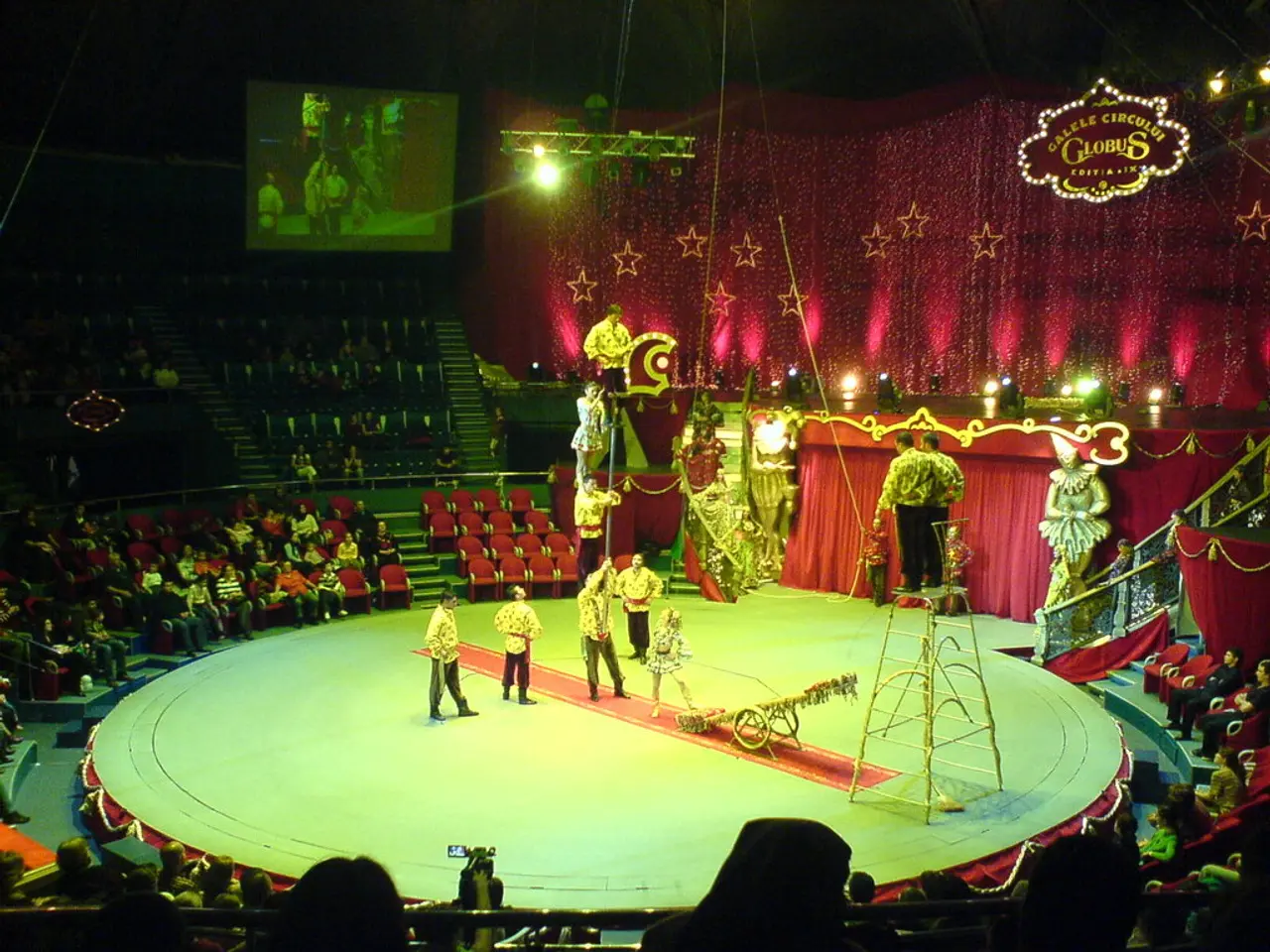Disarray in Trump's speech following Scotland visit: 'His Scotland excursion seems to deteriorate daily!'
In Scotland, during Donald Trump's visit to his Turnberry golf course on Monday, 28 July, hundreds of protesters gathered to voice their opposition. As Trump was giving a speech, the protesters employed an unconventional yet powerful tactic - they used bagpipes to drown out his words.
The loud, traditional Scottish music made it difficult for Trump to be heard during a press event, effectively interrupting and undermining his message. This strategy was not only audible but also visible, serving as a striking symbol of dissent from some Scots, who generally held a very unfavourable view of Trump and his policies.
The use of bagpipes was more than just a noisy protest. As a culturally important Scottish instrument, employing them in this way conveyed a distinctively Scottish response to Trump. One user on X described the bagpipes being played as 'drowning out' Trump, while another noted the strategy of 'fighting wind with wind'.
Sir Keir Starmer, the Prime Minister, and his wife Lady Victoria Starmer were present during the protest. The protesters' actions were significant, as more than 70% of Scots reportedly had a negative opinion of Trump, exceeding the UK average.
In summary, the protesters used bagpipes both to symbolically express Scottish identity and to disrupt Trump's speech as a political statement against his presence and policies in Scotland. This unique form of protest gained praise from another user, who commended Scotland for its tactic.
The unconventional protest strategy against Donald Trump, which involved playing bagpipes to drown out his speech, was not only used as a political statement against his presence and policies in Scotland, but also served as a symbolic expression of Scottish identity. This tactic, originally described as 'drowning out' Trump on social media, was further praised as a unique and effective form of dissent, boosting the already negative opinions of Trump among the Scots.








